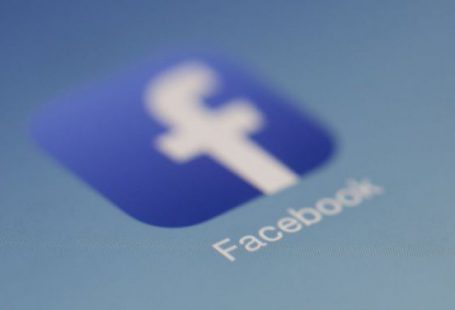Networking in the Healthcare Industry
In today’s digital age, networking has become an essential part of any industry, including healthcare. With the rapid advancements in technology, networking has revolutionized the way healthcare professionals collaborate, share information, and provide patient care. In this article, we will explore the importance of networking in the healthcare industry and the benefits it brings to both healthcare providers and patients.
One of the primary benefits of networking in the healthcare industry is improved communication and collaboration among healthcare professionals. Networking allows doctors, nurses, and other healthcare providers to connect with each other, regardless of their physical location. This means that medical professionals can easily consult with specialists or seek second opinions, leading to better patient outcomes. Moreover, networking platforms enable healthcare providers to share research findings, best practices, and innovative treatment methods, fostering a culture of continuous learning and improvement within the industry.
Another crucial aspect of networking in healthcare is the ability to securely share patient information. With the digitization of medical records, networking allows healthcare professionals to access patient data quickly and efficiently. This instant access to patient information is particularly critical in emergency situations where every second counts. Networking also ensures that patient records are up-to-date and accurate, reducing the risk of medical errors and improving overall patient safety.
Furthermore, networking in the healthcare industry plays a vital role in facilitating telemedicine and remote patient monitoring. Through secure networking channels, healthcare providers can remotely diagnose and treat patients, eliminating the need for physical appointments in many cases. This not only improves access to healthcare, especially in rural or underserved areas, but also reduces healthcare costs and saves valuable time for both patients and medical professionals.
Networking also enhances the efficiency of healthcare delivery by streamlining administrative processes. For instance, networking platforms can automate appointment scheduling, billing, and insurance claims, reducing paperwork and administrative errors. This increased efficiency allows healthcare providers to focus more on patient care and spend less time on administrative tasks, ultimately improving the quality and timeliness of healthcare services.
In addition to these benefits, networking in the healthcare industry also enables the integration of medical devices and systems. With the Internet of Things (IoT), medical devices such as pacemakers, glucose monitors, and wearable fitness trackers can be connected to a network, allowing healthcare professionals to remotely monitor patients’ health conditions. This real-time data enables early detection of potential health issues and allows for proactive interventions, leading to better disease management and prevention.
Overall, networking has become an indispensable tool in the healthcare industry. It improves communication and collaboration among healthcare professionals, facilitates secure sharing of patient information, enables telemedicine and remote patient monitoring, streamlines administrative processes, and integrates medical devices and systems. By harnessing the power of networking, the healthcare industry can provide better, more efficient, and patient-centered care. As technology continues to advance, networking will undoubtedly play an even more significant role in shaping the future of healthcare.



